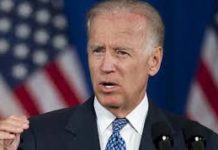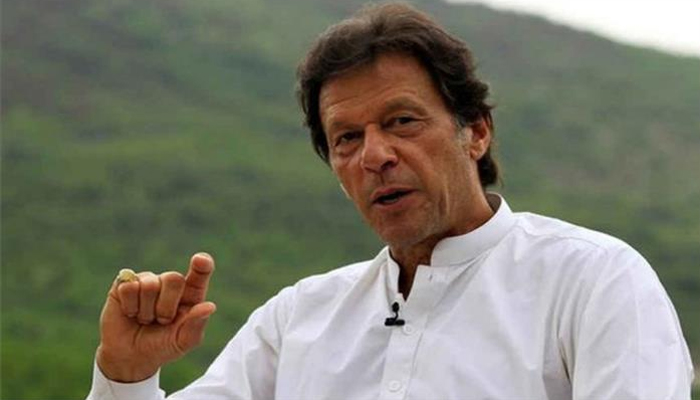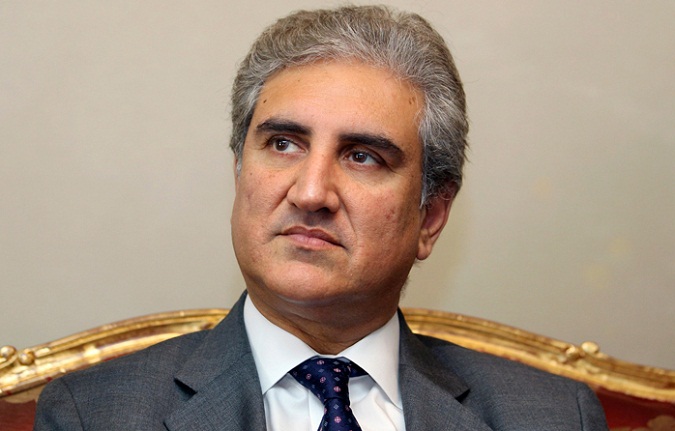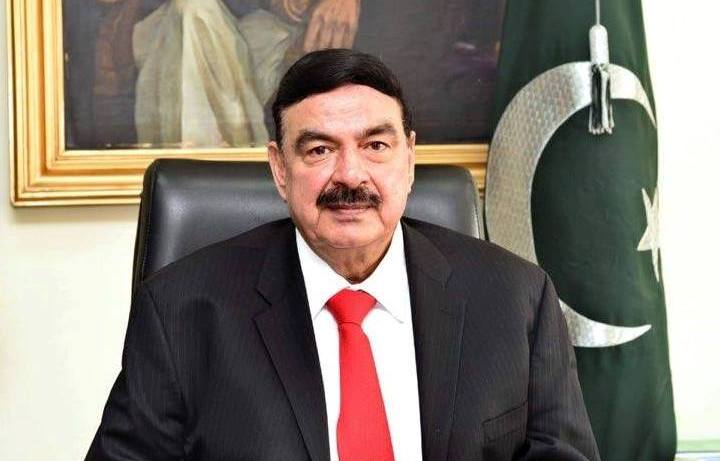I
ndian Navy Chief Admiral Karambir Singh has created a controversy after he used alleged intelligence reports to claim that militant group Jaish-e-Mohammad (JeM) was training its members to carry out underwater attacks, but assured that his force is fully prepared to face any such eventuality. The I
ndian Navy chie
f̵7;s claims have been met with widespread skepticism by experts. Some assert that such statements are essentially the result of a deep paranoia of the I
ndian security establishment which utilizes such groups routinely against opponents.
Experts and observers have largely dismissed Karambir’s allegations as political statements that do not fit the facts on the ground. The Jaish-e-Mohammad has largely been dismantled inside Pa
kistan owing to FATF commitments and never at any point in time did it have enough power or wealth to start a sophisticated naval wing. According to them, I
ndian naval chie
f̵7;s assertions are largely political in order to raise the bogey of Pa
kistan-backed terrorism as well as probably lay the foundation of a false flag operation as being warned by the Pa
kistani government.
Others state that the naval chie
f̵7;s remarks actually portray the paranoia of the I
ndian establishment which itself has been culpable in the use of terrorism as a foreign policy option. India has an active policy of creating, funding and supporting terrorist groups such as Mukti Bahini, Shanti Bahini, Tehreek-e-Taliban Pa
kistan, Baloch subnational terrorist groups and the Tamil Tigers. The Tamil Tigers are infamous for their advancement in tactics such as suicide bombing, use of hidden suicide belts and ironically water-based attacks. The Tamil Tigers in fact colluded with Al Qaeda in October 2000 to attack the US naval ship USS Cole through suicide attack via a boat. It were I
ndian authorities to enrich the Tamil Tigers in water borne attacks which is now haunting I
ndian Navy for similar tactics on their land and assets.
Captured I
ndian intelligence officer Khlbhushan Yadav, a serving commander of the I
ndian Navy, is the most recent example of India’s affinity to using terrorism to attain its hegemonic d
esigns. Kulbhushan has confessed training separatists in Balochistan. “My mission was to train Baloch separatists for attacks in the coastal areas of the province,” he had told investi
gators. The targets included Gwadar deep seaport, maritime installations and infrastructure along the coast.
The allegations of the I
ndian Navy chief coincide with what can be called a barrage of claims in the I
ndian media about an impending militant attack in I
ndian Gujarat by a Pa
kistan-based group. Many assert that a false flag attack could be initiated by India in order to divert attention from the humanitarian crisis in Held Kashmir. What seems visible in an endeavour to defame Pa
kistan and keeping I
ndian Navy relevant in the current milieu amid growing Hindutva infiltration in I
ndian armed forces including the navy.
It can be said that as India has made use of such terror groups in the past, it is now gripped that such tactics will now be used against it. The naval chie
f̵7;s allegations can be the manifestations of such entrenched paranoia in the I
ndian establishment.













